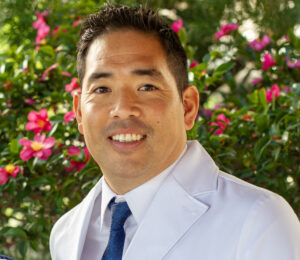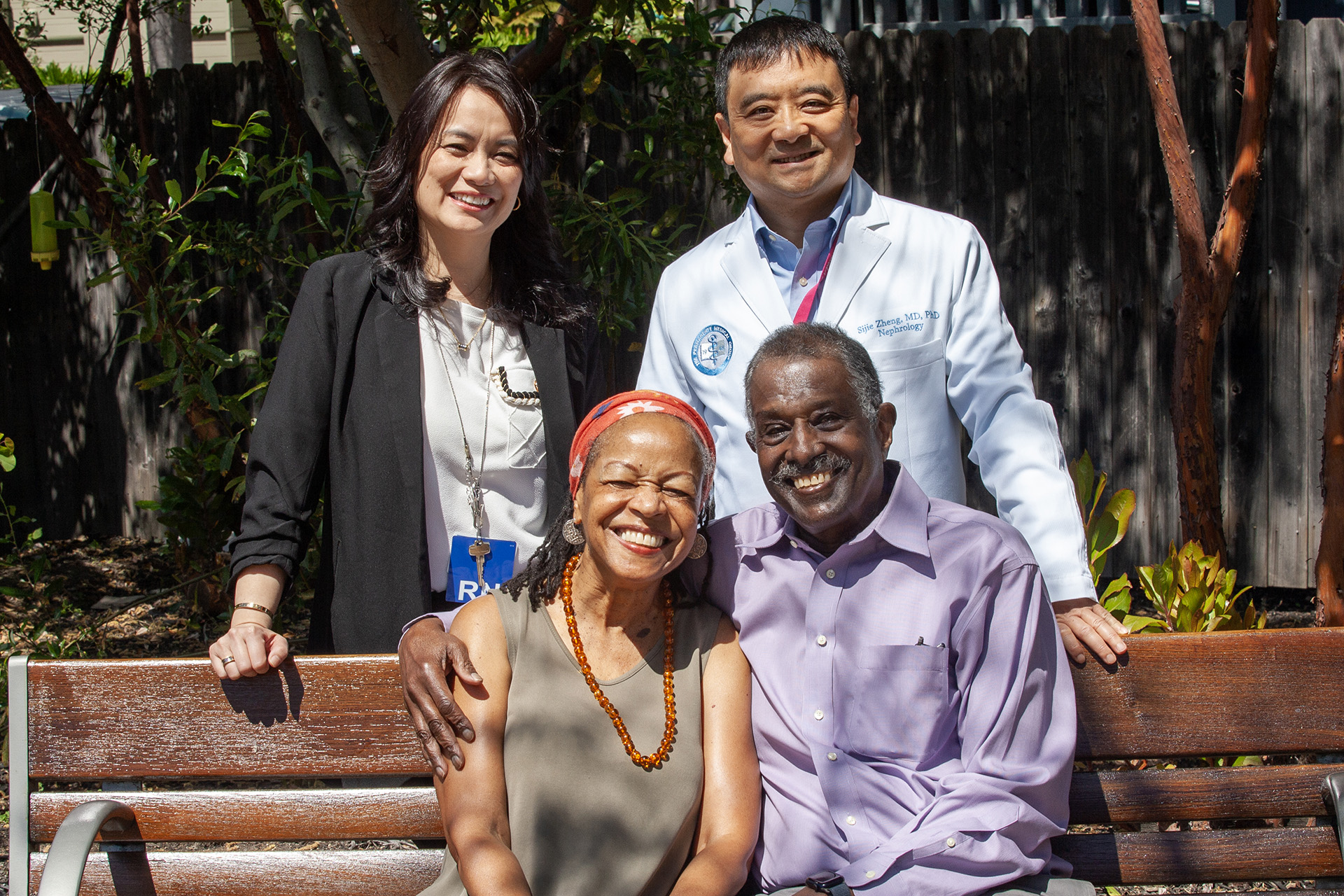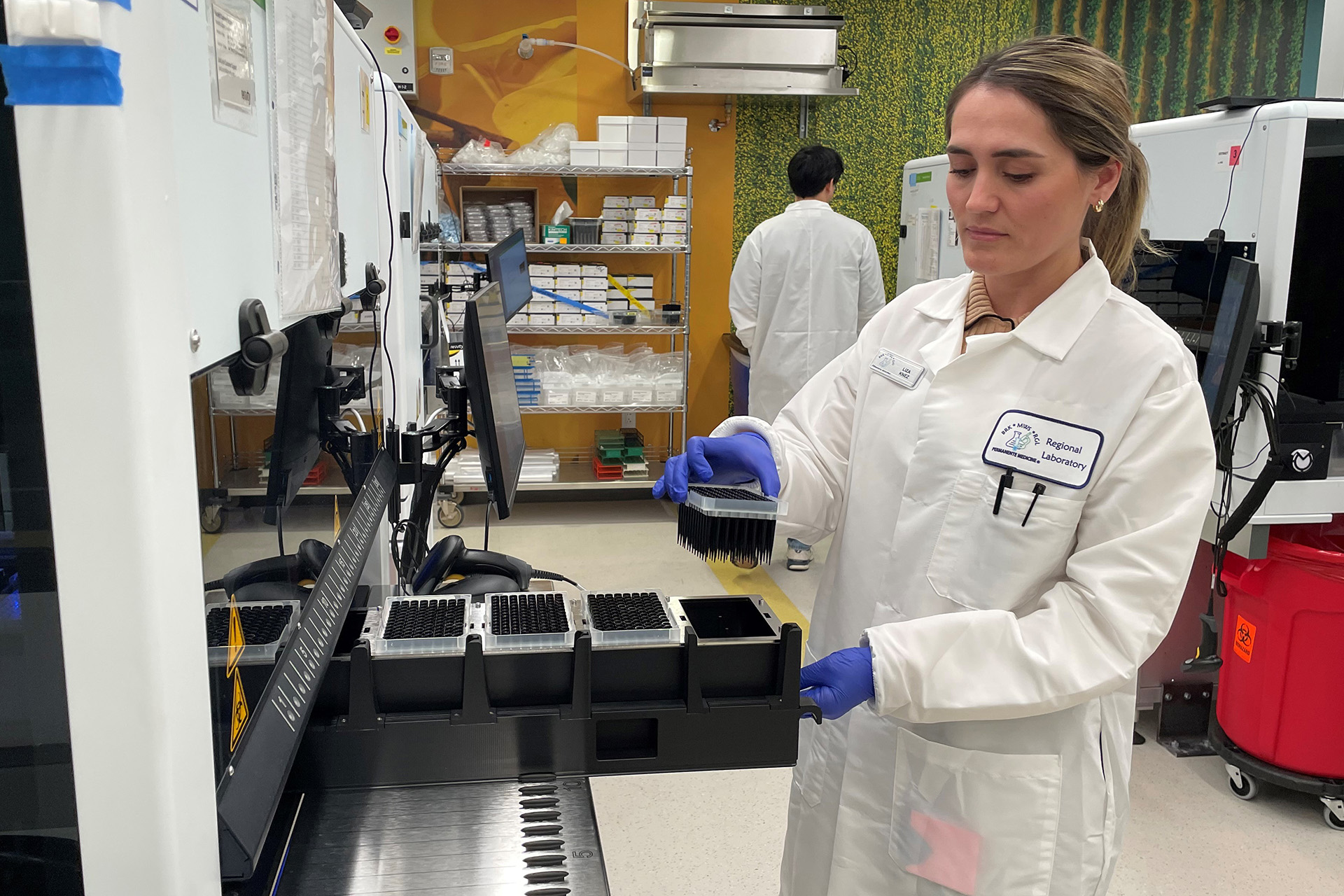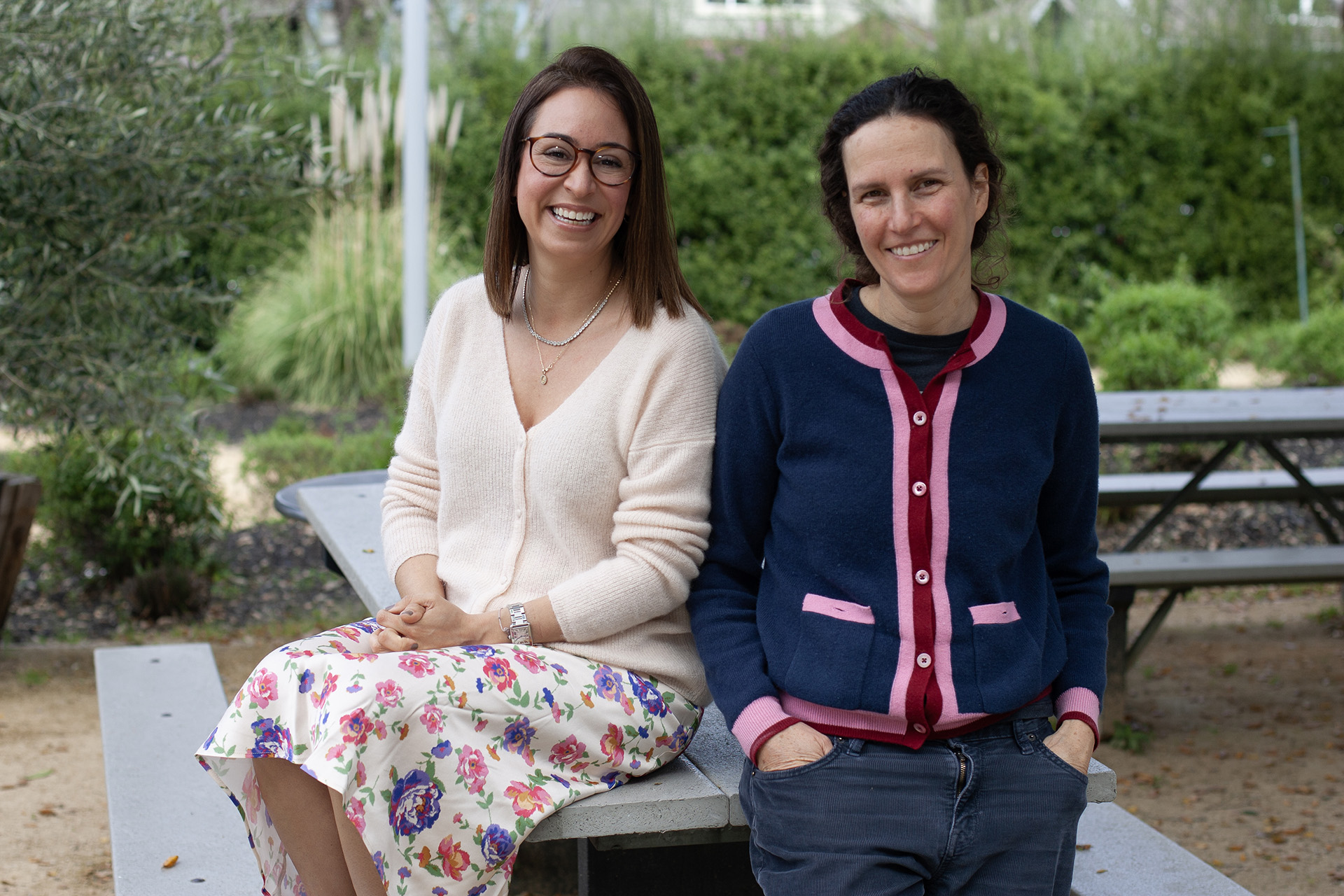More people each year die of lung cancer than of colon, breast, and prostate cancers combined. Many people don’t know that.
Thoracic surgeon Jeff Velotta, MD, who treats early-stage lung cancer, wants to raise awareness about the disease and how to catch it earlier.

“Lung cancer screening reduces mortality,” said Dr. Velotta, who works at the Kaiser Permanente Oakland Medical Center. “It saves lives. We can improve it. We need to get people at the earlier stages of disease when it’s treatable and curable.”
November is Lung Cancer Awareness Month, and Dr. Velotta shared 4 facts about lung cancer that people should know.
Smokers aren’t the only people who get lung cancer.
The majority of lung cancer patients have smoked, and smoking is the leading risk factor for lung cancer.
That said, about 15% of Kaiser Permanente Northern California members who were diagnosed with lung cancer in the past 10 years never smoked, Dr. Velotta said.
“It can happen to anyone,” he said.
Smoking is not the only risk factor. Others include radon exposure, second-hand smoke, pollution, those who have or had chronic obstructive pulmonary disease, tuberculosis, breast cancer, or a family history of lung cancer.
In addition, women and Asian women are more susceptible to developing lung cancer. The Kaiser Permanente Northern California Division of Research is exploring the reasons behind this increase in a new study.
Lung cancer has a high mortality rate.
Lung cancer is the overall leading cause of cancer death in the United States, according to the American Cancer Society.
About 75% of the time lung cancer is diagnosed at advanced stages, a major reason why the mortality rate is so high.
In the early stages, lung cancer may not produce symptoms such as a cough or shortness of breath. A general cough can be confused with many illnesses, including asthma, postnasal drip, allergies, reflux, COVID-19, and pneumonia. Clinicians usually rule those out first, especially among nonsmokers. Once the person starts coughing up blood, having chest pain, feeling fatigued, and losing weight, the cancer is usually in advanced stages.
Screening is relatively new.
Introduced 10 years ago, screening for lung cancer is done with a low-dose computed tomography scan (also called a low-dose CT scan), of the chest.
Compared to screening for other cancers, this cancer-detecting test is new. Because it hasn’t been around that long, there is no required screening rate reporting by Healthcare Effectiveness Data and Information Set (HEDIS) or the National Committee for Quality Assurance. Screening rates are higher when institutions are mandated to report them, Dr. Velotta said.
Another hurdle is the screening criteria. Other cancer screenings are based on age only, but for lung cancer, a person needs to be a current smoker or have smoked a pack a day for 20 years and be 50 to 80 years old.
“There’s a stigma attached,” Dr. Velotta notes. “People assume because you smoked, you got lung cancer and it’s your fault.”
Treatment advancements have extended lives.
As with other cancers, treatments for lung cancer have improved, leading to longer lives.
With personalized medicine, clinicians can uncover the cancer’s genetic biomarkers and tailor treatment to individual patients. The targeted therapy is not just more effective, it also has fewer side effects than traditional therapies such as chemotherapy. Another newer option is immunotherapy, which boosts your immune system to kill cancer cells. It can also be less toxic and more effective than traditional therapies.
“It used to be with advanced lung cancer, you’d have 6, maybe 12, months to live,” Dr. Velotta. “Now, with these new therapies you can live 5 years or as long as 10, which is an incredible improvement.”





This Post Has One Comment
I hadn’t smoked for almost 40 years & believed that since our cells are replaced with new ones every 7 years, my lungs were fine. Didn’t know that cancer develops in scar tissue.
Maybe that information needs to be shared with the public and testing can then be done before symptoms present. Mine were sudden shortness of breath while doing a run-walk that I’d been doing daily for over a year.
I’d be happy to be part of your study.